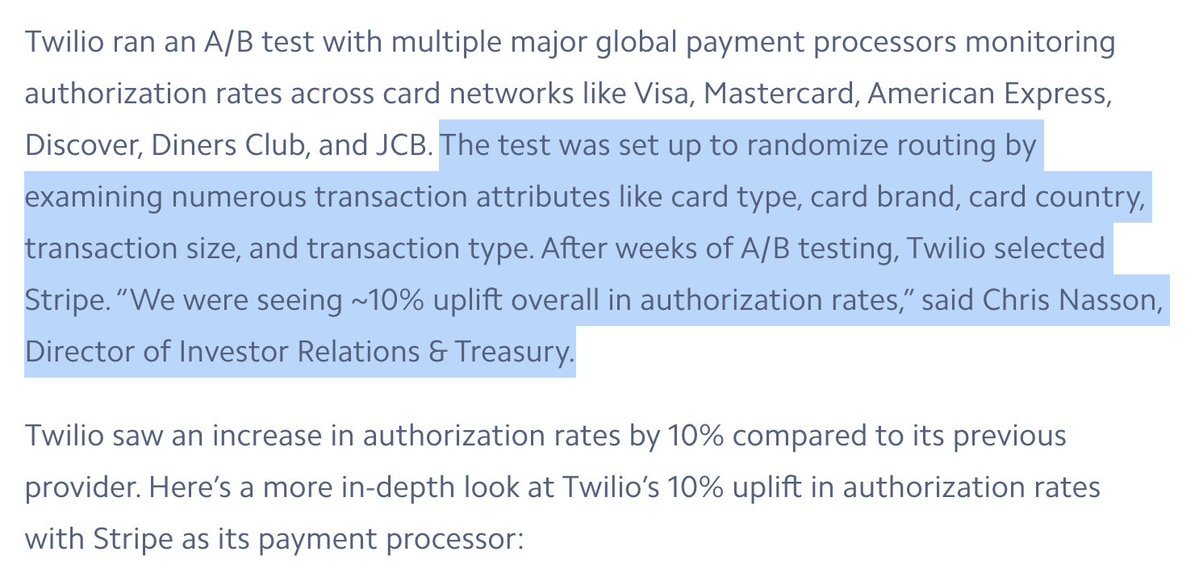
Doing the annual usage of hometown tax in Japan (see below) and I just love this option in a survey from one farming community, from which we are ordering a monthly subscription to 5kg of rice:
Connection to $TOWN: "It begins today."
kalzumeus.com/2018/10/19/jap…
Connection to $TOWN: "It begins today."
kalzumeus.com/2018/10/19/jap…
(I gave most of ours to Ogaki, my adopted hometown, and to Togo, the town Ruriko spent most of her life in, but we have a lot of tax to distribute so I did end up picking up a few things from other places while doing it.)
As mentioned in the above writeup, there is heated competition from basically everywhere in Japan for these "donations" (functionally they're redirection of tax payments at behest of the taxpayer), and some places optimize for competing in the national market for delicious goods.
"Do you ever worry you're stiffing Tokyo, Patrick?"
Without going into an inappropriate level of detail, I'd just say that the McKenzie family loves living in Tokyo and, if one oversimplified and modeled Tokyo solely as a revenue-seeking entity, Tokyo should love us right back.
Without going into an inappropriate level of detail, I'd just say that the McKenzie family loves living in Tokyo and, if one oversimplified and modeled Tokyo solely as a revenue-seeking entity, Tokyo should love us right back.
I find myself loving this program even more after they nerfed the ability for cities to bid for donations with gift cards and other cash equivalents from 2019; a lot of places got much more creative and, while absolute value-for-yen declined, execution is much more thoughtful.
e.g. The three farming communities we're using all had a monthly subscription option for things produced locally, and they sound like e.g. "A rotating box of seasonal fruits produced in our town. Here's the schedule: January, 500g of... February, a box of..."
The aesthetics of that are brilliant; fruit on our table will have come *from a place.* The economics are brilliant; probably half of the fruits are things we, like a typical Japanese family, wouldn't generally choose to eat in a year.
And if they get us hooked on e.g. the locally produced niche longtail melon in June where are we very naturally and obviously going to get our niche longtail melon from? It's brilliant.
The economics are pretty attractive too; I assume it's somewhere on the order of $20 to $50 of fresh fruit a month, $5 to $10 delivery, for a $1,500 donation.
(Which is, again, effectively paid for by Tokyo.)
(Which is, again, effectively paid for by Tokyo.)
So that probably works out to something like 60% to town, 30% to farms in town + logistics network, 6~7% to the e-commerce site (what a great business to be in at scale), remainder to credit card ecosystem.
I've got to say this is operationally pretty brilliant, too; the town knows with total certainty by the end of December exactly how many boxes of e.g. strawberries it will buy from Tanaka Farms, can tell them "We're going to need 6,302 boxes in June", pay upfront, and...
... for delivery presumably they can just mail over a package of pre-addressed pre-paid labels for whomever the local package carrier is, who can go on *one* day to pick up *all* the strawberries the minimum number of trucks, then put them in the nationwide logistics system.
Which makes the process at the farm's end about as time-efficient as wholesaling / delivering to the farmer's cooperative which handles distribution normally, but presumably at a price point much closer to retail than the wholesale price.
(In the ordinary course, the more typical method of distribution is "wholesale the food to JA; JA takes care of introducing it into distribution ecosystem."
Decent writeup in English: hackerfarm.jp/2019/04/the-fo… )
Decent writeup in English: hackerfarm.jp/2019/04/the-fo… )
You can tell that I did *not* spend most of my life in an agricultural community, right.
(Strawberry season in Japan is from approximately December through May.)
(Strawberry season in Japan is from approximately December through May.)
And in a very its-a-small-world-after-all development, the e-commerce site I always use for this system is headquartered only a few hundred meters from my house.
• • •
Missing some Tweet in this thread? You can try to
force a refresh



